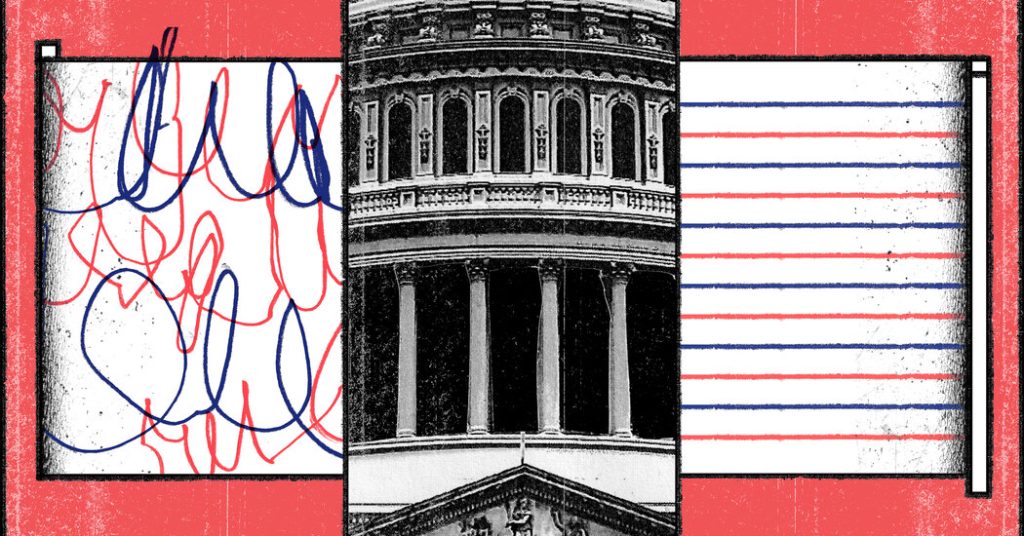Antisemitism is defined as hatred and bigotry directed against Jews, but legally it is difficult to define. This issue is particularly concerning as there has been a surge in antisemitism in recent years, especially on college campuses. The House of Representatives recently passed the Antisemitism Awareness Act in an effort to protect Jewish students from discrimination. The act attempts to address legal ambiguities, such as the lack of federal prohibition on discrimination based on religion.
The Antisemitism Awareness Act aims to incorporate discrimination based on shared ancestry or ethnic characteristics into federal statutory law. However, the act also requires schools to consider the International Holocaust Remembrance Alliance’s working definition of antisemitism when determining violations of Title VI. This inclusion can lead to suppression of free speech, as the alliance’s definition includes examples of antisemitism that may be protected by the First Amendment.
The act’s definitions of antisemitism also create confusion around the concept of harassment, with harassment depending on the timing, targets, and manner of speech rather than just the content or viewpoint. The bill has faced criticism from both sides, with concerns that it can suppress free speech while failing to adequately protect against all forms of antisemitic harassment. However, there is a consensus that Jewish students need robust legal protection from discrimination and harassment.
To address the flaws in the Antisemitism Awareness Act, it is suggested that Congress simply amends Title VI to explicitly prohibit discrimination based on shared ancestry or ethnic characteristics. This revision would provide clear legal protection for Jewish students without the need for additional definitions or examples of antisemitism, which can threaten free speech and fail to fully capture all forms of antisemitic discrimination. By revising Title VI, American Jews can be protected from the rising tide of antisemitism in a way that aligns with existing case law on free speech and nondiscrimination.
In the midst of this debate, social media has been filled with objections and extreme reactions to the passage of the bill. But it is essential that the Senate addresses the legislation and works towards a solution that truly protects Jewish students without impeding free speech. By focusing on revising Title VI to explicitly prohibit antisemitic discrimination, Congress can ensure that American Jews are afforded the same legal protections as other marginalized groups. It is crucial that the Senate takes the necessary steps to combat antisemitism and promote a safe and inclusive environment for all students on college campuses.


